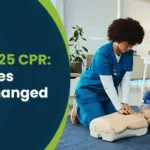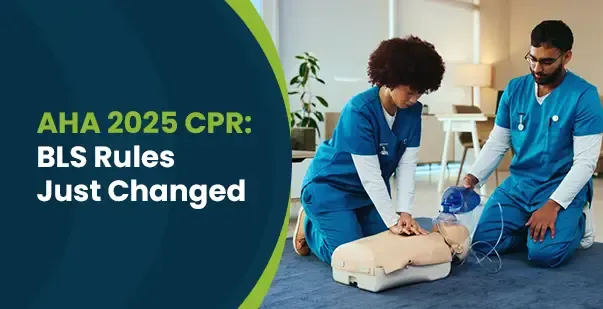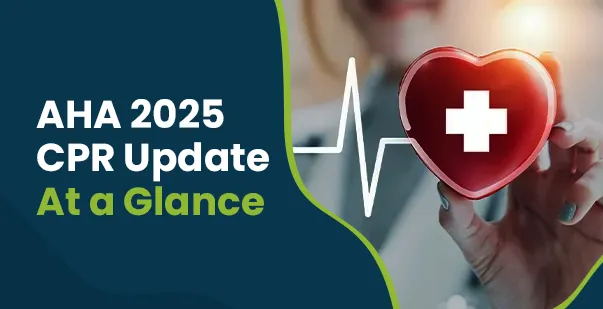Losing water from the body may not strike as a critical illness for many. But many people experience a sudden urge to drink water after a long day under the sun. Some may also feel dizzy and lightweight after a strenuous workout. Such activities lead to dehydration. It is a common health issue that could happen to adults and children. It happens when your body loses too much fluid and electrolytes, causing an imbalance in its vital capabilities. It’s important to recognize the symptoms of dehydration and realize how to respond to it quickly to save you from extreme health issues. That’s where the first aid treatment for dehydration is crucial to understand.
What is dehydration?
Dehydration is a circumstance that takes place when your body loses more fluids than it takes in. This imbalance between fluid intake and fluid loss can result in lower water content in the body than required. Water is important for numerous bodily features, and dehydrating could disrupt these features and cause several symptoms and health issues. When your body dehydrates, it also loses essential minerals, leading to weakness and fatigue.
What are the signs and symptoms of dehydration?
A victim suffering from dehydration may exhibit these signs and symptoms.
- Thirst: One of the primary symptoms of dehydration is feeling thirsty. When dehydrated, your body tells you it needs extra water.
- Dry Mouth and Throat: A dry mouth and throat are not unusual signs of dehydration. When you don’t have sufficient water in your system, it may affect the moisture levels in your mouth and throat.
- Dark Urine: Your urine may be an indicator of your body’s hydration level. Dark yellow urine indicates problems with the kidney for dehydration.
- Fatigue: Dehydration can make you feel exhausted. When your frame doesn’t have sufficient water, it could affect your energy levels.
- Dizziness and Lightheadedness: If you are dehydrated, you could feel dizzy or lightheaded when you get up too fast or walk quickly. It is because your blood pressure may additionally drop while you’re dehydrated.
You must note that dehydration symptoms in men and women do not differ. Everyone feels tired and sleepy after losing sufficient amounts of water from the body. However, dehydration symptoms in babies may show excessive crying, dry lips, and dry skin. You must watch out for these and promptly replenish your child’s fluid intake.
What are the common causes of dehydration?
Common causes of dehydration consist of:
- Inadequate Fluid Intake: Failing to drink enough water or other fluids, especially in warm and dry weather or without feeling thirsty, can result in dehydration.
- Excessive Sweating: Sweating excessively, whether or not because of physical work, heat, or fever, can lead to massive fluid loss and dehydration.
- Vomiting and Diarrhea: Illnesses that cause vomiting and diarrhea, including stomach viruses or meal poisoning, can bring about fast fluid loss, leading to dehydration.
- Fever: When you have a fever, the body raises its temperature, which could increase your fluid loss. It leads to dehydration if you don’t increase your fluid intake.
- Certain Medical Conditions: Some medical situations, like diabetes, kidney disorders, and gastrointestinal problems (e.g., Crohn’s), can increase the risk of persistent or recurrent dehydration.
Dehydration symptoms and causes go hand in hand. You will feel thirsty if you do not drink enough water. But some causes may not appear frequently. A few more reasons for dehydration encompass alcohol consumption, diuretic medicinal drugs, high altitude, and positive hormonal problems. It’s important to be aware of these causes and take steps to keep proper hydration.

How long does it take for dehydration to start?
The onset of dehydration can range based on numerous factors, which include activity tiers, climate, and average fitness. However, some timelines can help recognize how quickly dehydration can begin:
- Mild Dehydration: Mild dehydration can begin within some hours of inadequate fluid intake or rapid fluid loss, especially in warm or dry climates. Additionally, You may feel thirsty, and your urine may become slightly darker.
- Moderate Dehydration: If fluid loss keeps happening, you may get moderately dehydrated in 24 hours. Symptoms may also include increased thirst, dry mouth, darkish-yellow urine, fatigue, and mild dizziness.
- Severe Dehydration: Severe dehydration depends on the severity of fluid loss. It is especially possible in excessive sweating, vomiting, or diarrhea. Symptoms can encompass intense thirst, very dark urine (or little to no urine output), rapid heartbeat, confusion, and even lack of cognizance. It can happen within minutes or could even take a day.
First aid for dehydration
First aid is critical for stopping and treating dehydration. It is the only way you can help a person suffering from this ailment. Dehydration may be an extreme clinical situation that could cause heat exhaustion, heatstroke, and death. The function of first aid in dehydration is to save you from more water loss and replenish your body fluids. First aid treatment for dehydration in adults includes:
- Offering fluids consisting of water or oral rehydration.
- Make sure the individual is in a cool and shaded location.
- Loosening any tight clothes for ease of breathing.
First aid for dehydration in babies may include intravenous fluids. These effects rapidly and may be needed to save the infant’s life. The first responder must recognize the signs of dehydration. By studying the signs and symptoms of dehydration and a way to treat it, first aid responders can quickly respond and prevent the situation from worsening.
Read More: https://cpraedcourse.com/blog/importance-of-first-aid-and-cpr-training/
Conclusion
So, how to prevent dehydration? It is a crucial question, and the answer is simple: drink lots of water in every situation. First aid treatment for dehydration is critical as the decline of a dehydrated body is steep. You must recognize the signs and save lives with your first aid skills.









